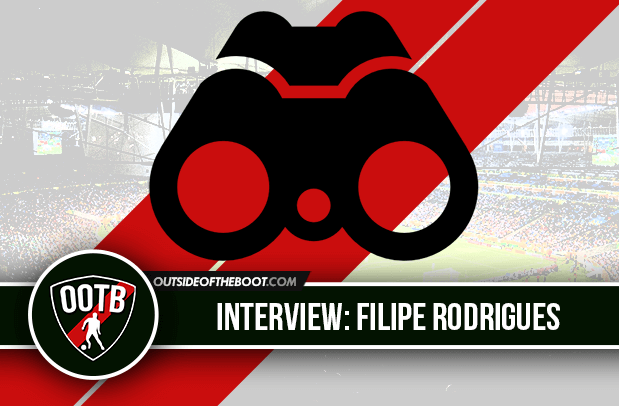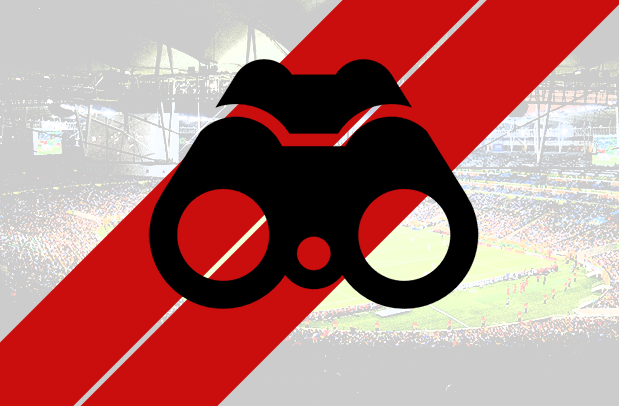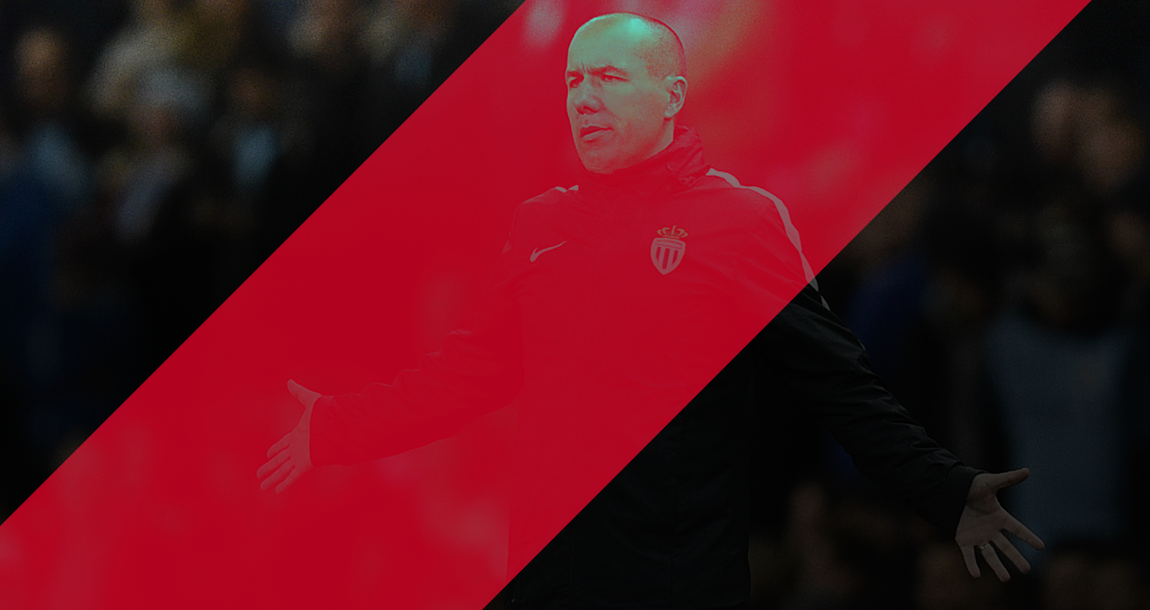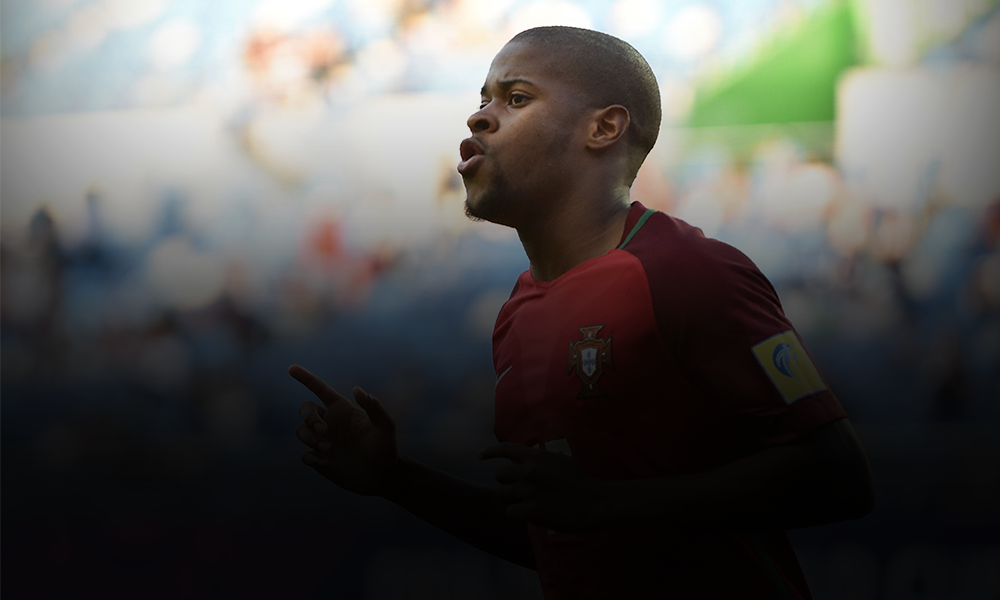Once the domain of ex-pros and experienced old coaches with the contacts and the gut, the scouting profession has been changed completely because of the information revolution. With data widely available, a new generation of scouts, and a new method of scouting has sprung. Personifying this change is Filipe Rodrigues. Many thanks to him for sharing his time and knowledge with us.

First of all, can you please introduce yourself to us? Who is Filipe Rodrigues?
I am a Portuguese engineer with a passion for soccer. A few years ago I felt I could use this passion more fruitfully and help some clubs to improve their squads and make better decisions. And so after sending a lot of emails, I managed to get a positive response from a club.
What’s your method of scouting?
Since I am a semi – professional scout and depend essentially on my engineering profession to survive, I try to reduce analysis to athletes who have been identified through statistical analysis in order to be as objective as possible. I identify some players by position, age, contract ending, and other such factors and try to watch these players in certain games.
Can you name a few top scouts of the world?
There are some familiar names such as Martin Ferguson from Manchester United, and Luis Suarez from Inter Milan. In Portugal Jose Boto from Benfica and Aurelio Pereira of Sporting are doing very well.
Are there any famous players that you have recommended to clubs?
Well, the clubs that I collaborate with, generally fail to attract exceptional caliber players. Moreover my analyses are done primarily on senior athletes who may be immediate reinforcements for the team. But there are some players that currently play for clubs I have indicated them to are: Oblak – Atl. Madrid; Ghilas – FC Porto; Evandro – FC Porto; André André – FC Porto; Danilo Pereira- FC Porto.
When/how do you decide that the player has real potential?
As previously stated my review focuses specifically on athletes who are making relevant performances and which can be interesting business for the club. So I try to watch that particular athlete at least 3 times, one of them away from home. When a player has a steady performance over at least three games, I try to get information about his contract and demands.
Depending on his position, what are you looking for as the first attribute in a player?
Well, the first attribute I look for is the first touch on the ball, and how the player receives the ball. Then, I look the athlete’s pace, increasingly important in the modern game. And finally I observe their competitive and mental form, whether it’s an athlete who complains too much or tends to focus on the game and devalue the “threats”.
From your point of view what is the main attribute for a striker/midfielder/goalkeeper and defender?
Goalkeeper: Communication, posture, flexibility, charging out, quick throws, footwork.
Full Backs: Height, strength, strong defending (always getting the opponent to the byline and never to the middle), fast, good at crossing.
Center back: Calm, good communication skills, good aerial game, good tackling and anticipation and speed.
Defensive midfielders: Height, knowing when to play ugly, good accurate passing, good quality short pass / long pass, and above all be very clever tactically in the occupation of spaces
Box to box midfielder: Stamina, passing quality, tactical intelligence.
Offensive midfielder: Game view and awareness, passing quality, good long shots, strong 1v1 dribbling skills.
Wingers: Fast, strong at offensive 1v1 situations, and good crossing.
Striker: Good finishing, strong in the air, positioning, strength and hold up play.
How do innovations in football affect scouting? For example old fashioned number 9’s and 10’s are not preferable any more. What do you think about these type of players?
In recent years have seen the announced death of the number 10 in the modern game as we knew it, the “disappearance” of incredible players like Zidane, Rui Costa, Ronaldinho, Rivaldo, Kaka, Riquelme, some with the end of their careers, others due to the fact that they could not adopt to the advances of time in a galloping game, where the physical factor makes a difference in determining details of the game. To reach higher, being faster, and being able to withstand a physical shock is increasingly important in modern football.
We have seen big players having to change their positions on the field to adapt to the present speed (Seedorf, Arshavin, Anderson, Juninho Pernambucano, and Pirlo for example) and others have to become more practical, because the physical component of the game today is totally different.
Now an athlete must be able to think faster, win more balls, help defensively, and not think only of offensive duties. Unfortunately the athletes that excited people in stadiums or at home were the ones who played without any defensive thoughts! But as football has become an industry and a powerful business there are no spaces – at this moment- for fantastic dribblers, but only for victory.
What’s the effect of gene heritage on improvement of young starlets?
This is an area that I don’t dominate, despite having an opinion that may be incorrect. I think there are innate abilities in football players, but I think they are not related to genetic inheritance – for example Messi. And there are players who are a product of environmental factors and social factors – Cristiano Ronaldo.
How do Porto, Sporting and Benfica work with scouts? Can you give us a detail/example about their method of working with scouts?
The scouting departments of the big clubs are shrouded in great secrecy and there is not much information about it. The level of information they have covers a vast network of scouts dispersed throughout the country, who see football players from 11-a-side football games to room football – futsal-, trying to recruit athletes as soon as possible. For professional teams, there have departments for regions – Latin America, Europe, etc. – that make observations on site and using existing software on the market.
How is the life of a semi-professional scout in Portugal? What are the advantages/disadvantages?
The life of a semi- professional scout in Portugal is essentially trying to adapt his personal life to the schedule of the games and managing that his main occupation doesn’t overlap with the games! The major disadvantages are the loss of family time, long waits in traffic jams, frequent travel and being very careful with the shared information. For me the greatest benefits are to be in contact with other people in the area and be able to do a job that I love.
Are there any role models for you?
I have no model to follow. I just try to transmit what I see during the game, being as real as possible. I try to make reports without hearing from anyone or any comments. I usually do the reports and send them, and then try to read / listen to analysis of the media.
This interview was conducted by the Yarisaha team (@yarisaha).
























































